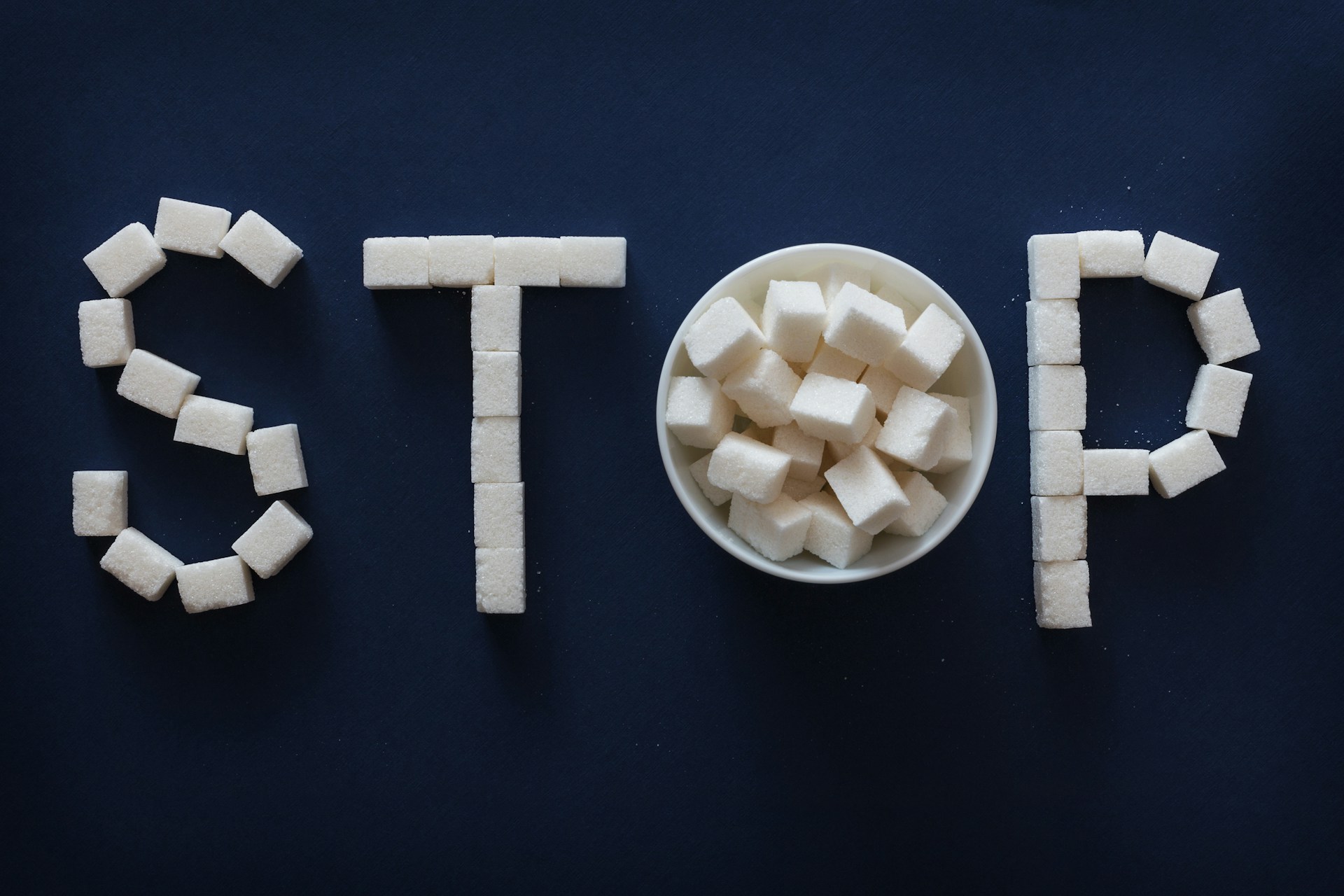Dangers of Excessive Amounts of Sugar and Salt
Types of sugar. More than a dozen substances that qualify as sweet can be called sugars. those with which we most often come into contact are fructose, natural sugar from fruit and honey; glucose is sugar in the body’s blood and it is the simplest form of sugar in which carbohydrates are assimilated; dextrose is made from corn starch and is chemically identical to glucose; lactose, milk sugar; maltose, sugar formed from starch by the action of yeast and sucrose, sugar obtained from sugar cane or sugar beet and refined to the state in which it reaches us in the form of granules.
Brown sugar is simply sugar in crystals coated with molasses syrup.
Honey is a mixture of fructose and glucose. There are various sweeteners made from corn, obtained from corn starch, and composed mainly of dextrose, maltose, and more complex sugars.
Dangers of Excessive Amounts of Sugar
Ketchup contains eight percent more sugar than ice cream.
The big problem with sugar is that we eat too much of it and often don’t even know it. All carbohydrate sweeteners qualify as sugar, even when called by other names; and when sucrose is the third ingredient on the cereal box, corn syrup is the fifth, and honey is the seventh, you don’t realize that you are eating something that is 50 percent sugar!
Nowadays, the consumer has been lured to sugar since birth. Baby formulas are flavored with sugar, as are many other baby foods. Since sugar also acts as a preservative, it retains and absorbs moisture, it is often found in products you would never have thought contained it, such as peanut butter, canned vegetables, soup cubes, and others. The fact is that we eat too much sugar compared to the need for good health. There is no need to prove that sugar is the primary cause of tooth decay. Also, one-third of the population is overweight, and obesity increases the possibility of heart disease, diabetes, high blood pressure, gallstones, back problems, and arthritis.

It’s not that sugar itself is a cause of this, but its presence in the diet makes you eat more, and if you reduce the number of calories you take in without reducing the amount of sugar, you will lose nutrients faster than kilograms. Sugar is also the culprit when it comes to hypoglycemia and, although there was evidence for and against it, it is directly or indirectly an influential factor in diabetes and heart diseases.
The Dangers of Too Much Salt
it’s good to eat something with a grain of salt, but eating something with it can be a completely different story. The average amount of sodium chloride (rock salt) taken is 6 to 18 g per day, but an amount of more than 14 g is considered excessive. And many of us were exaggerating. too much salt can cause hypertension (high blood pressure), which increases the chances of heart disease, and lately, it has been cited as one of the causes of migraine headaches. Salt causes abnormal fluid retention, which can result in dizziness and swelling of the legs. It can also cause the loss of potassium through the urine.
In addition, too much salt can harm you in terms of nutrients, conflicting with the proper use of protein foods.
Traps of Salting
Just because you stay away from pretzels and quickly prepare meals and don’t add table salt to your food does not mean you are not taking more salt than you should. Salt traps are hidden from view as well as sugar traps.
- If you want to reduce the amount of salt that you take:
- Refrain from beer.
- Avoid using baking soda, monosodium glutamate (MSG), and baking soda when cooking.
- Avoid laxatives, most of which contain sodium.
- Do not drink water processed in a home water softener, or cook in it; water softener adds sodium to water.
- When reading labels on food products, pay attention to the words SALT, SODIUM, or the chemical symbol Na.
- Do not eat salted meat products such as ham, bacon, corned beef, frankfurters, sausages, shellfish, or any canned or frozen meat, poultry, or fish to which sodium has been added.
- When dining out, ask for a cutlet or a steak without added salt.














Post Comment